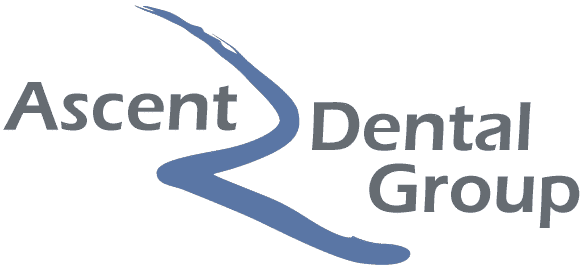What are the symptoms of sleep apnea?
Because it interferes with sleep that is essential for many of your body’s functions, the symptoms of sleep apnea are numerous. They include:
- Daytime sleepiness
- Morning headaches
- Memory loss
- Difficulty concentrating
- Unexplained weight gain despite dieting and exercise
- Dry mouth or sore throat in the morning
- Mood swings and irritability
- Decreased motivation and/or sex drive
Your cosleeper may notice that your snoring suddenly stops in a choking or gasping sound. If you snore and have these symptoms you need to speak to a doctor soon.
The only way to diagnose sleep apnea is with a sleep test. In the past, these sleep tests, often referred to as polysomnograms, had to be conducted at a sleep center, where you tried to replicate your normal sleep pattern while researchers measured you for apneic events. In recent years, reliable home sleep tests have become available, making it much easier and more convenient to get tested for sleep apnea.
Yes. It’s hard to know exactly how dangerous, but evidence continues to accumulate about the deadly consequences of sleep apnea. One study linked sleep apnea with a doubling of risk for serious car accidents. Another identified sleep apnea as potentially the primary risk factor for severe coronary artery disease. Others have pointed to increased surgical risk as a result of sleep apnea. One study attempted to look at the relative risk for sleep apnea sufferers of death from any cause and found that moderate to severe sleep apnea sufferers were six times more likely to die from all causes than the general population.
There are four commonly-used sleep apnea treatment options:
- Continuous positive airway pressure (CPAP) machines
- Dental appliances
- Surgery
- Lifestyle changes
Which treatment option or options are best for you depends on your individual circumstances.

